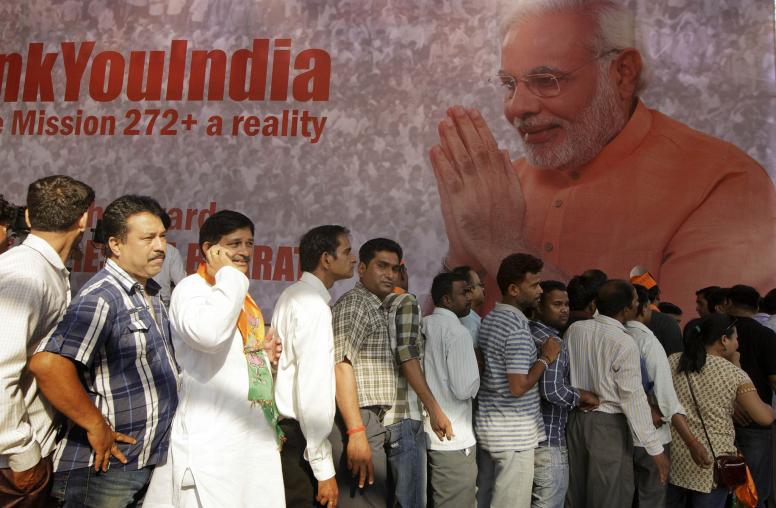Kosovo: Can Negotiations Succeed?
Speakers discussed key issues that emerged during a recent USIP training workshop on negotiation and conflict resolution skills with a delegation of Kosovar Albanians. Some of the issues addressed included:
- The need for Kosovars to consider options other than military force.
- The need for leaders to seek creative ideas for negotiating the status of Kosovo.
- The need for an informal Serb/Albanian dialogue, apart from official negotiations.
Presentations were followed by questions and comments from the floor.
Speakers
- Bob Hand
Chair and Staff Advisor, Commission on Security and Cooperation in Europe - Harriet Hentges
Executive Vice-President and Chief Operating Officer, U.S. Institute of Peace - Dan Serwer
Senior Fellow, U.S. Institute of Peace - Jaco Cilliers
Training Specialist, U.S. Institute of Peace - John Menzies
Senior Fellow, U.S. Institute of Peace
Media Inquiries
Please contact Ian Larsen (+1.202.429.3870) or Lauren Sucher (+1.202.429.3822) in the Office of Public Affairs and Communications.




